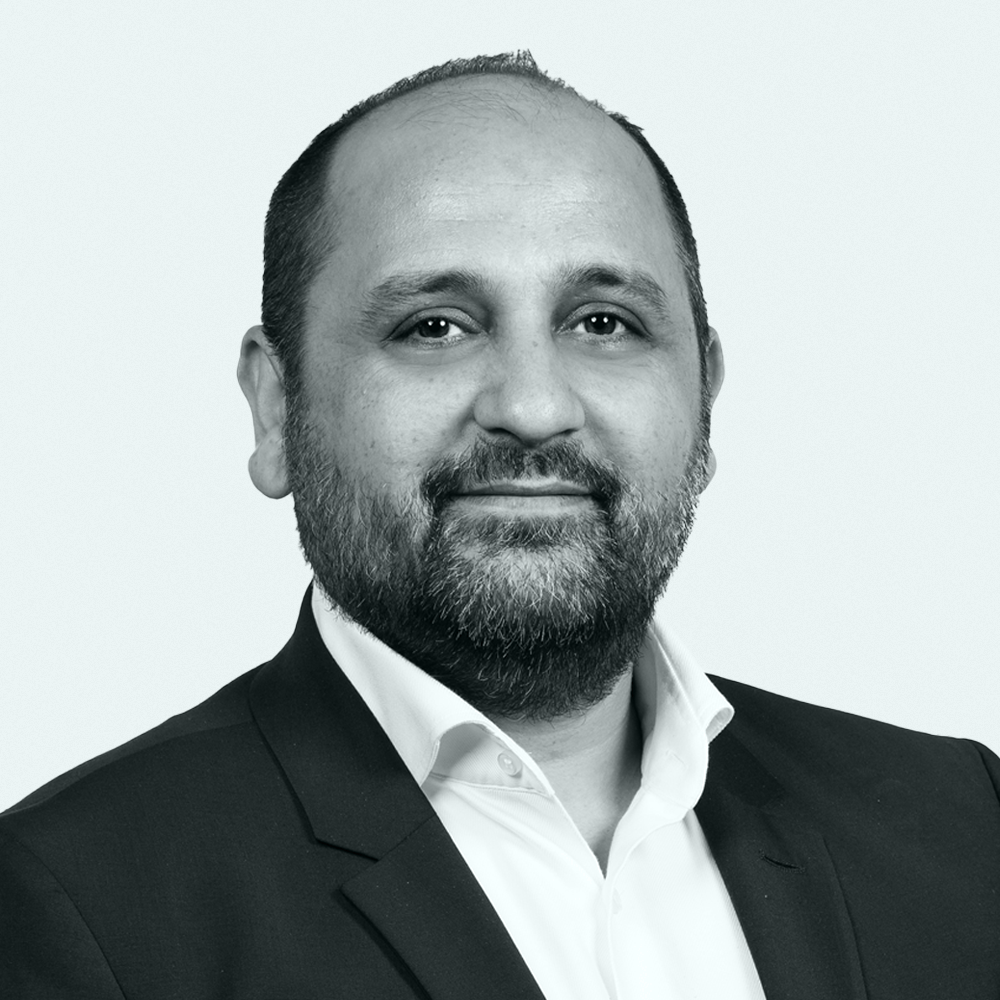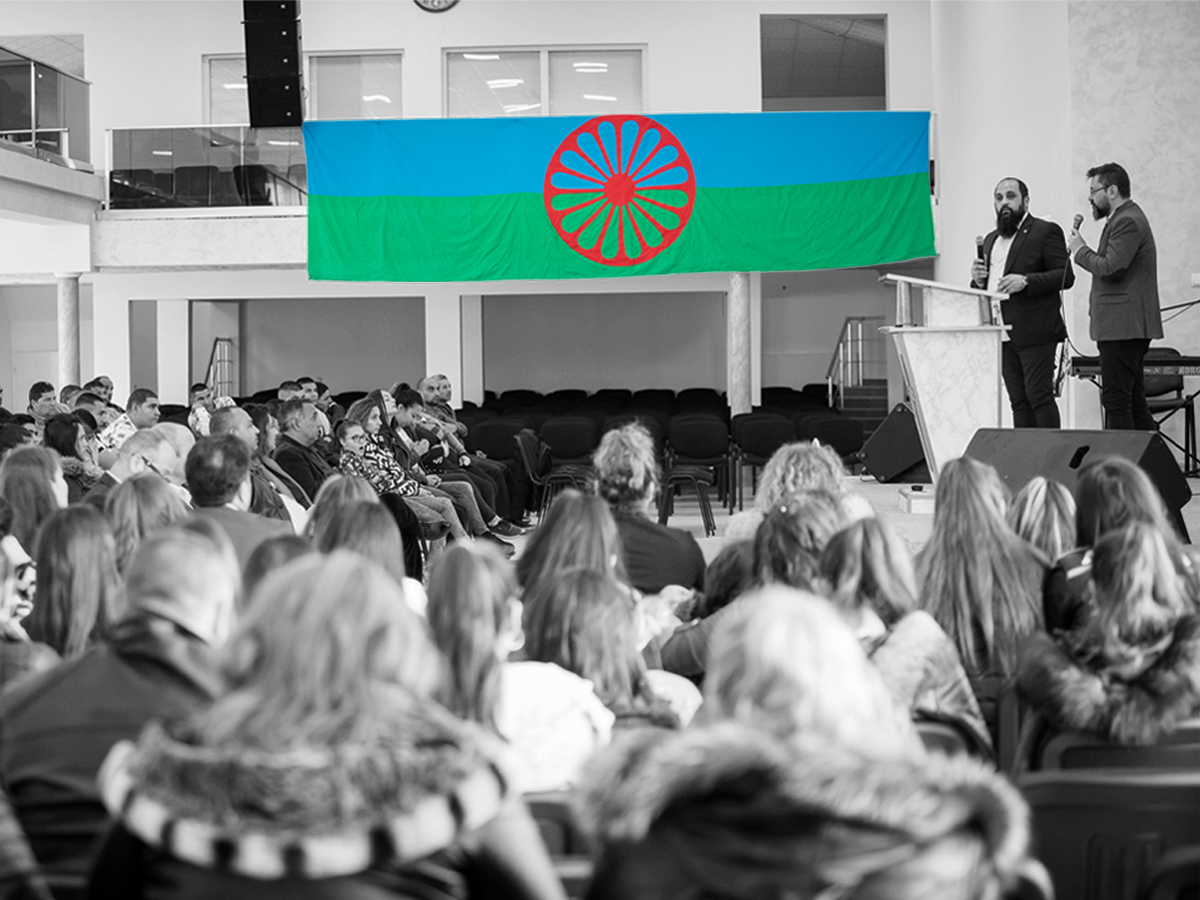The far right condemn Brussels but embrace American billionaires, Russian disinformation and Chinese funding. Are they really defending sovereignty—or just handing it over to foreign powers that serve their interests?
The European far-right love to talk about protecting national sovereignty. They rail against Brussels, Washington, and international institutions, claiming they’re defending their nations from foreign meddling. But when outside influence works in their favour, these same voices go quiet—or even cheer.
This double standard was on full display at the 2025 Munich Security Conference. US Vice President JD Vance openly backed Europe’s nationalist movements, questioning the legitimacy of European institutions. Instead of condemning this interference, far-right leaders in Germany, Hungary and Italy welcomed it. Vance even said, "Europe must reconsider its overreach and allow its nations to reclaim their cultural and political identities," a comment seen as a green light for nationalist agendas.
Germany’s Alternative für Deutschland (AfD)—second in the polls for this Sunday’s election—is a prime example of this hypocrisy. While loudly criticising Brussels, they happily align with global far-right figures. Elon Musk’s platform, X, has become a mouthpiece for AfD, with Musk even hosting AfD leader Alice Weidel, who claimed Germany’s democracy is “captured” by global elites—all on a platform run by an American billionaire.
This pattern repeats across Europe. Marine Le Pen in France denounces foreign influence but accepted Russian bank loans. Austria’s Herbert Kickl and the FPÖ push nationalist rhetoric while fostering ties with far-right groups abroad. Hungary’s Viktor Orbán calls himself a defender of Hungarian sovereignty while aligning the country’s economy with China’s Belt and Road Initiative and relying on Russian energy. Italy’s Giorgia Meloni attacks EU institutions but depends on EU bailout funds.
Elon Musk’s involvement goes beyond Germany. He has actively promoted ultranationalist figures across Europe, most notably Romania’s Călin Georgescu, who declared this week: “On my first day as president, I will ban the entire Soros network in Romania.” Musk retweeted this with the caption, “Romania deserves its own sovereignty!”—turning the far-right leader into an instant online sensation. But Georgescu’s movement collapsed under Russian-linked networks, corruption and political incompetence. His nationalist vision did not restore Romanian sovereignty—it exposed how these movements serve as Trojan horses for foreign authoritarian influence.
It’s clear: the far-right doesn’t oppose foreign influence—they just oppose influence that challenges their agenda. They slam democratic institutions like USAID, NATO and the Open Society Foundations as tools of foreign interference, all while embracing support from Russian disinformation networks, Chinese capital and American far-right allies.
Their promises of economic self-sufficiency are equally hollow. Brexit was supposed to revive the British economy, but it led to a drop in foreign investment and weakened trade. Hungary has deepened its reliance on Russian energy and Chinese funding. Italy risks the same, as Giorgia Meloni’s government publicly criticises EU oversight while quietly relying on European funds and maintaining trade ties with China and Russia, all while pushing a nationalist agenda at home.
Meanwhile, Moscow and Beijing are exploiting nationalist movements across Europe to weaken democratic systems. Russian media paints AfD as “the true defenders of German sovereignty”, while China builds financial ties with nationalist-leaning governments. These tactics—spreading disinformation, using economic leverage, and funding sympathetic politicians—are aimed at dividing Europe from within.
Germany’s 2025 election is a turning point. AfD’s rise threatens to dismantle Germany’s role as Europe’s democratic backbone. A nationalist government in Berlin could fracture the EU, weaken ties with the U.S., and embolden authoritarian regimes eager to see Europe divided. AfD spokesperson Markus Frohnmaier recently declared, "This is our moment to take back control from Brussels and put Germany first."
Germany now faces a critical choice: stand by democratic values, economic cooperation and European unity—or go down the nationalist path of isolation and decline. And this decision isn’t just about Germany. A fractured Europe would play right into the hands of Moscow and Beijing, weakening Western alliances and global security.
History offers a clear warning. The Weimar Republic fell apart when nationalist forces rejected international cooperation. Nazi Germany’s push for sovereignty led to devastation. Post-war Germany rebuilt itself through integration and democracy. The far right’s idea of sovereignty is an illusion—one that could drag Germany and Europe backward.
As the 2025 election nears, Germans must decide whether to uphold the principles that built their post-war success or fall for the false promises of nationalism. The future of Europe depends on that choice. It’s a decision that will shape not just Germany’s path, but the stability and unity of Europe as a whole.

Mensur Haliti
Vice President for Democracy and Network Development
The latest

Serbia Must Amend Missing Persons Alert System to Protect Vulnerable Adults

Constitutional Review of the Šutar Law Confirms Serious Rule-of-Law Concerns

Europe’s Growth Depends on Roma Talent
Browse by category
Campaigns
Events
Facts
Press
Voices
For media inquiries:
[email protected]Sign up here so you don’t miss out on campaign updates, upcoming events and other news from the Roma Foundation for Europe and our network.
Sign up for our newsletter